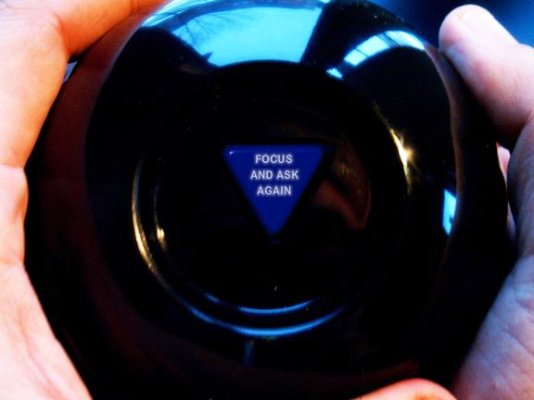How can people spend their working lives saving for retirement but not put any time into learning the basics of investing?
TSP Vs CD's - FederalSoup.com - Page 3
"I was quite sick of trying to figure out what TSP fund would do the best for me. I was not satisfied with the G Fund and really did not know enough about the others to feel comfortable as I took some heavy hits in 2000 and 2008. So a month and a half before I retired I pulled all but a few hundred out of TSP and put it in a IRA with a major investment firm.
Now there are those that do not like paying fees if the will TSP manage your account for nothing. I say you are getting what you pay for. I paid a little over 3% fee to the investment firm. I have recovered that fee. Past performance of the funds I am invested in should do 6 - 9% if the economy straightens out.
I never would consider a CD as one is locked in for a certain amount of years at a relatively poor rate. Given the choice of only CD's or TSP I would remain in TSP as one at least has the freedom to move the money around or make withdrawals. The professional investment counseling I received told me CD's are the worst possible thing to do now simply because the rate of inflation is about 3% per year and most CD's do not come close to that. With this consideration, locking your money into a CD you are literally going backwards.
I feel much more comfortable with a professional manager."
TSP Vs CD's - FederalSoup.com - Page 3
"I was quite sick of trying to figure out what TSP fund would do the best for me. I was not satisfied with the G Fund and really did not know enough about the others to feel comfortable as I took some heavy hits in 2000 and 2008. So a month and a half before I retired I pulled all but a few hundred out of TSP and put it in a IRA with a major investment firm.
Now there are those that do not like paying fees if the will TSP manage your account for nothing. I say you are getting what you pay for. I paid a little over 3% fee to the investment firm. I have recovered that fee. Past performance of the funds I am invested in should do 6 - 9% if the economy straightens out.
I never would consider a CD as one is locked in for a certain amount of years at a relatively poor rate. Given the choice of only CD's or TSP I would remain in TSP as one at least has the freedom to move the money around or make withdrawals. The professional investment counseling I received told me CD's are the worst possible thing to do now simply because the rate of inflation is about 3% per year and most CD's do not come close to that. With this consideration, locking your money into a CD you are literally going backwards.
I feel much more comfortable with a professional manager."

 ) every once in awhile...
) every once in awhile...



